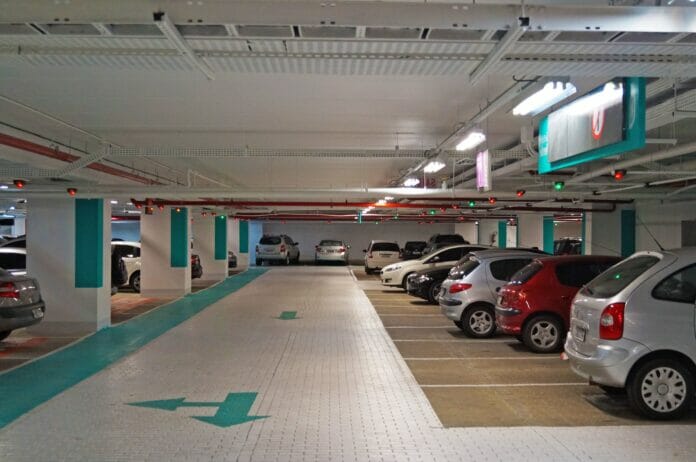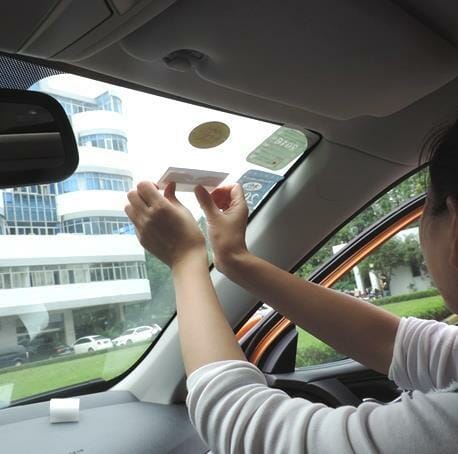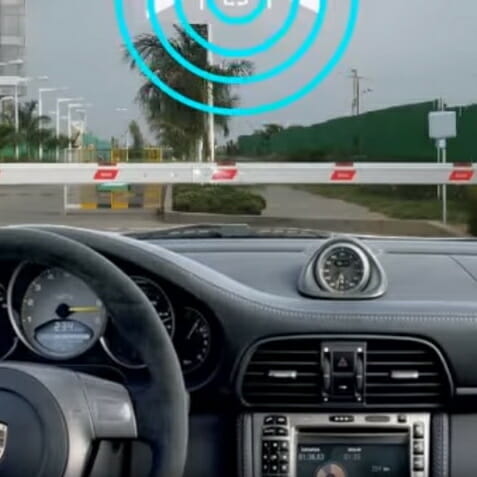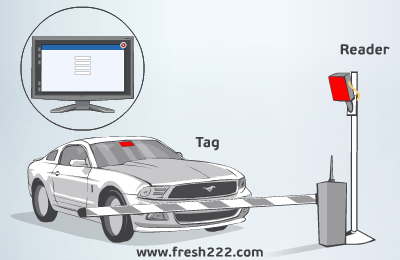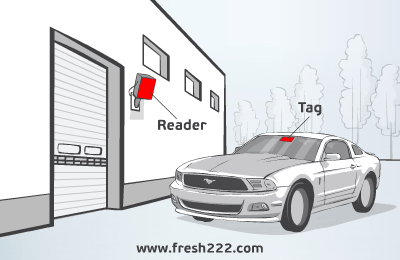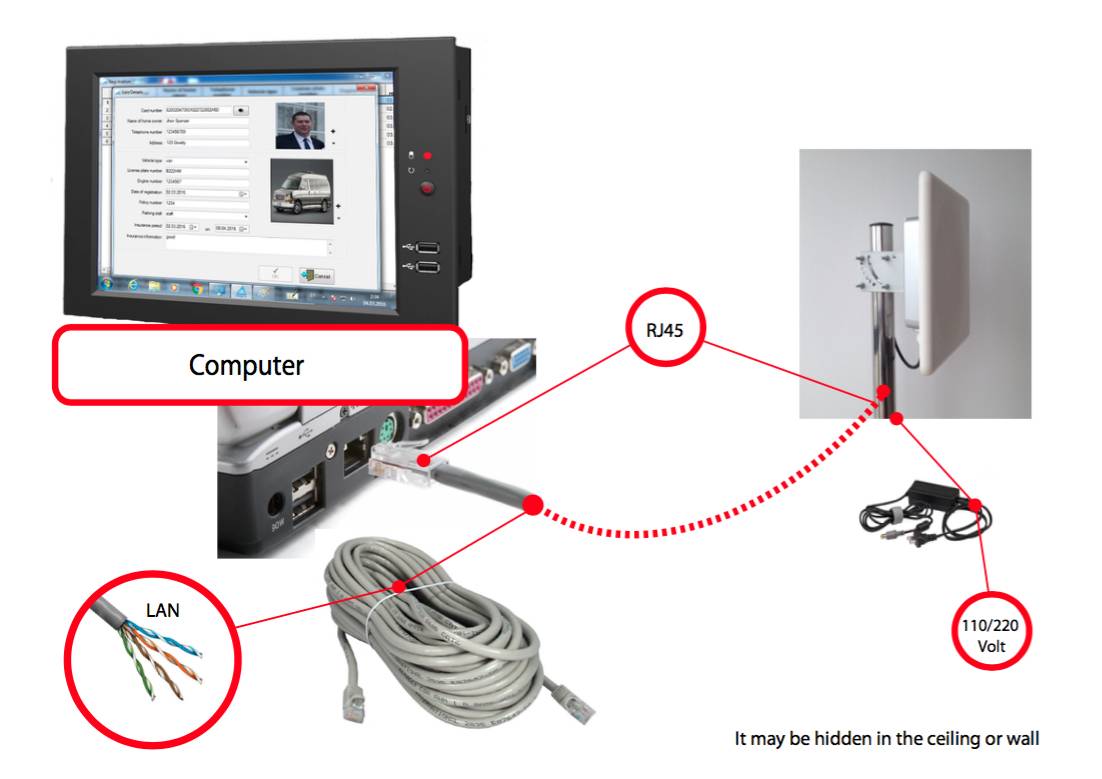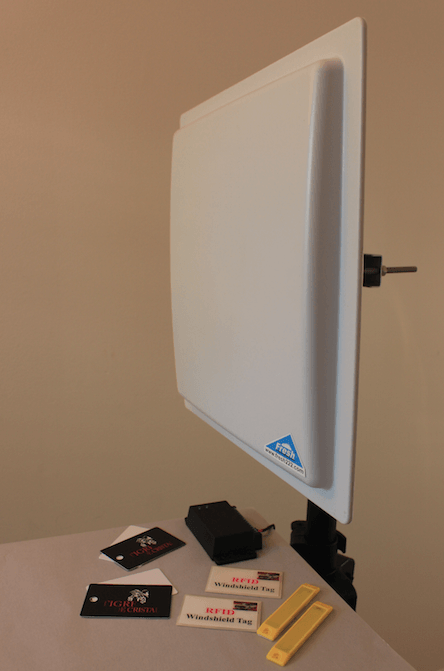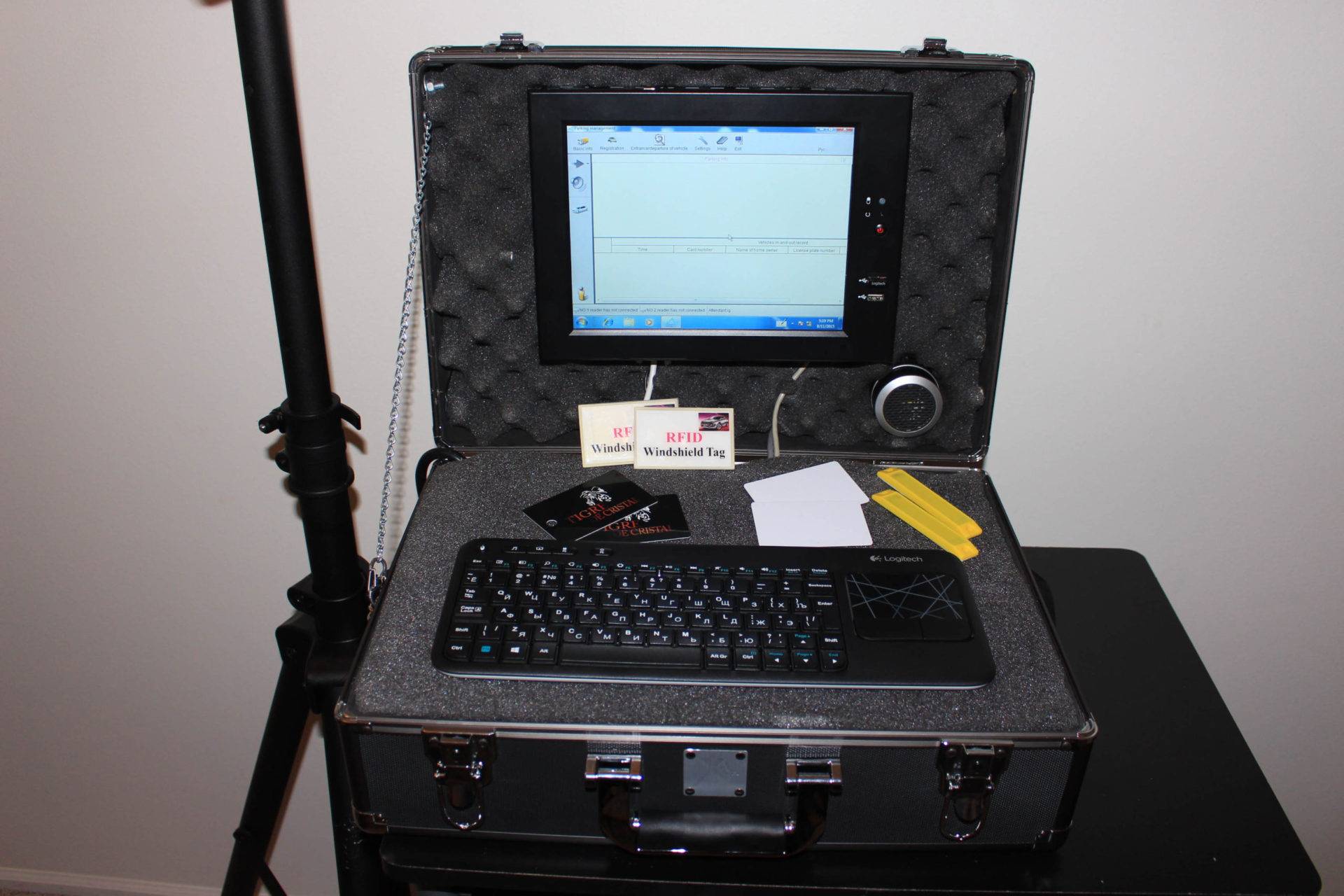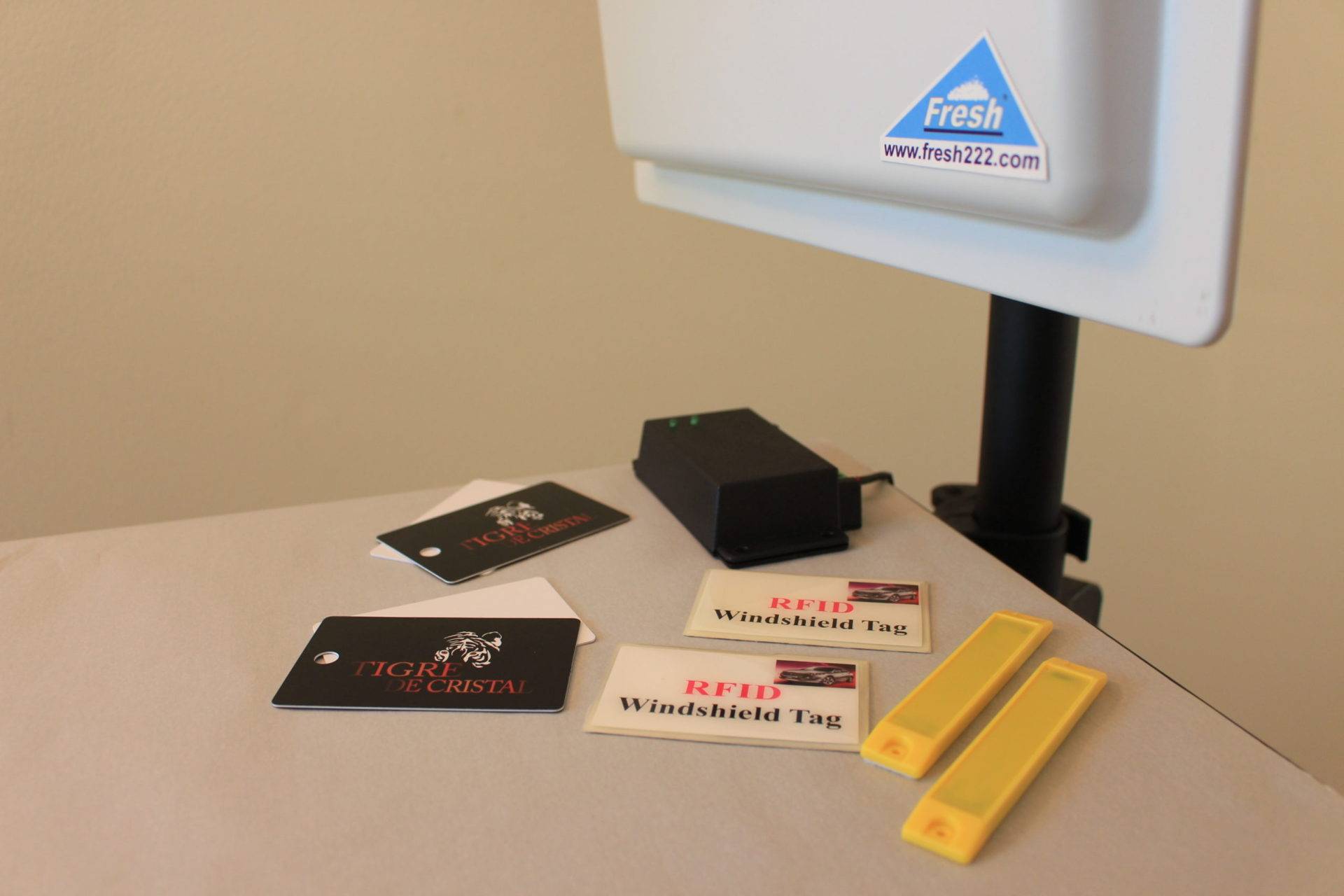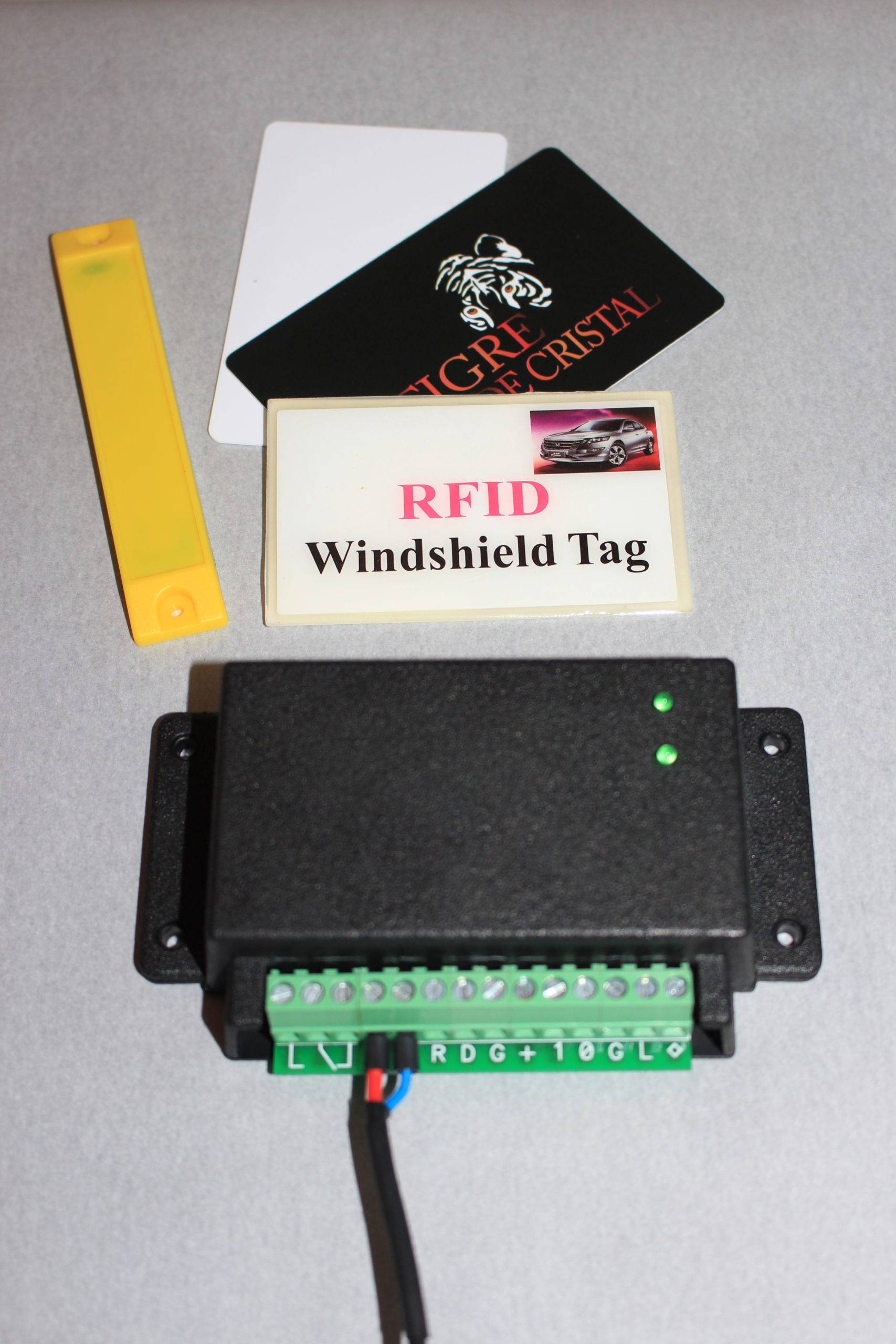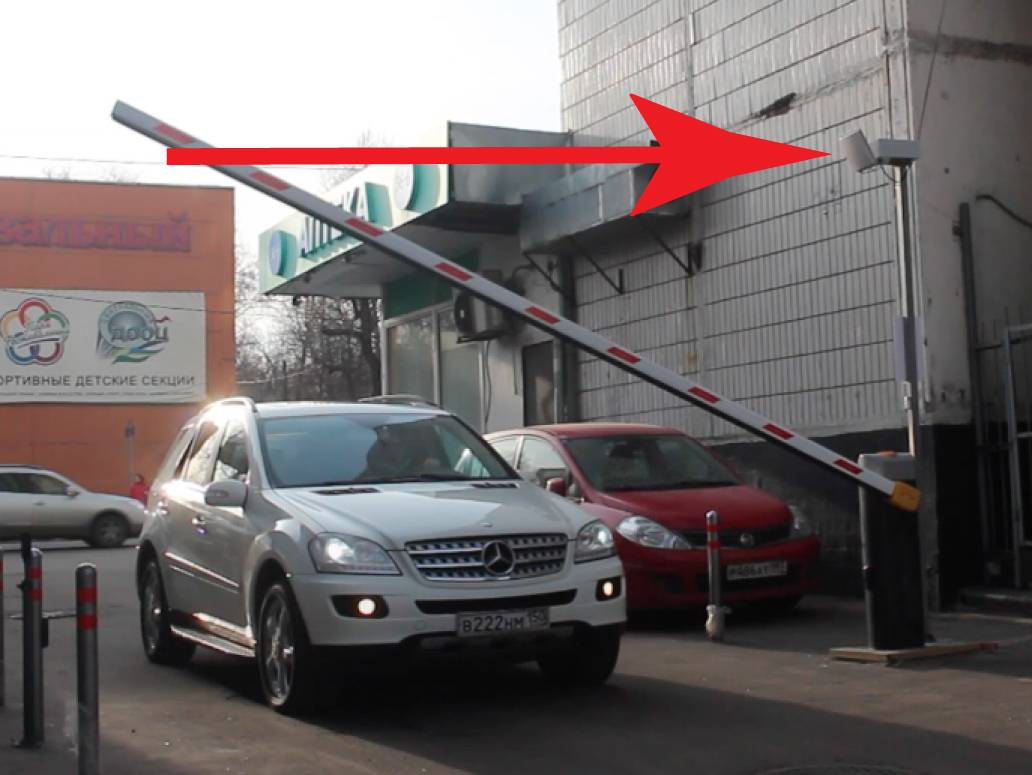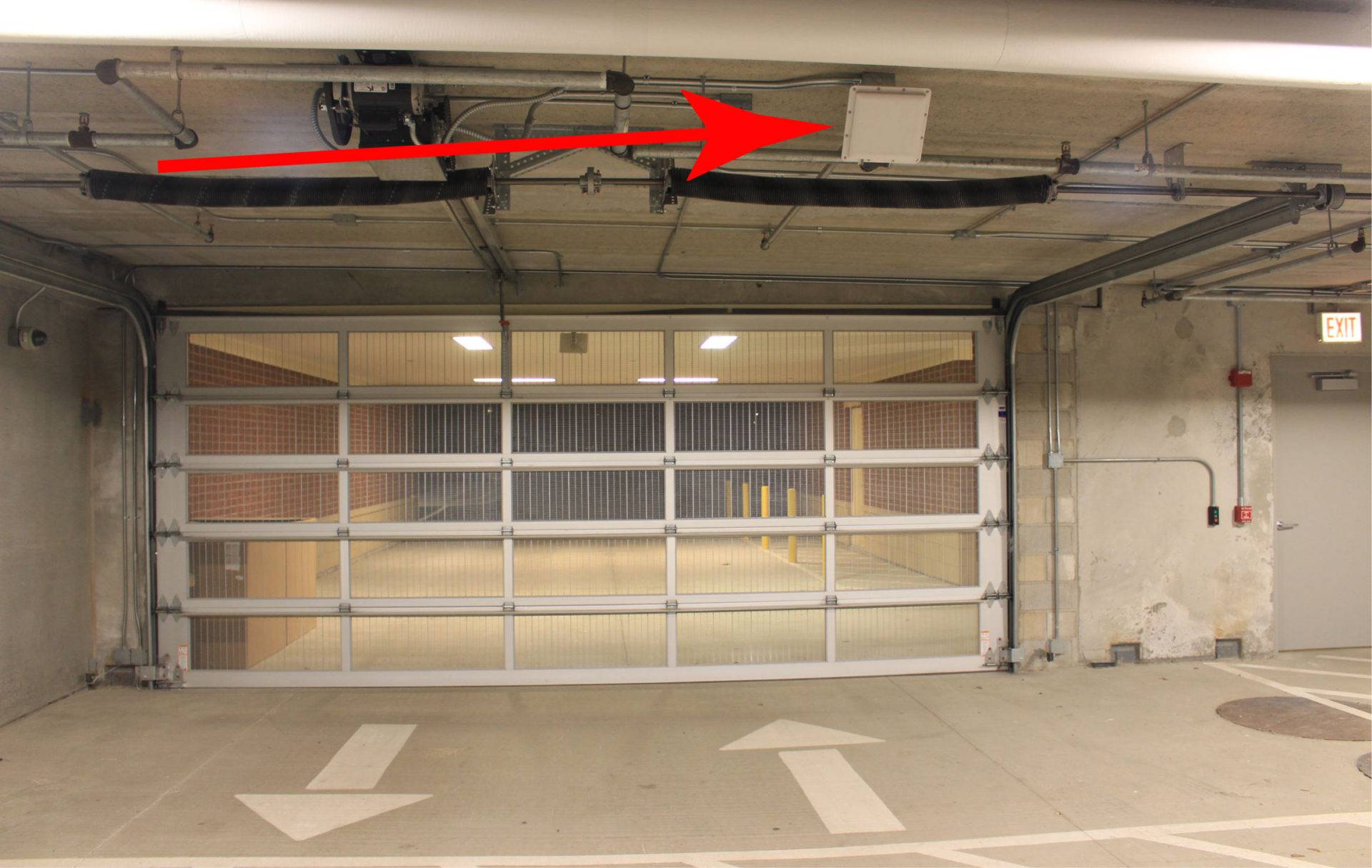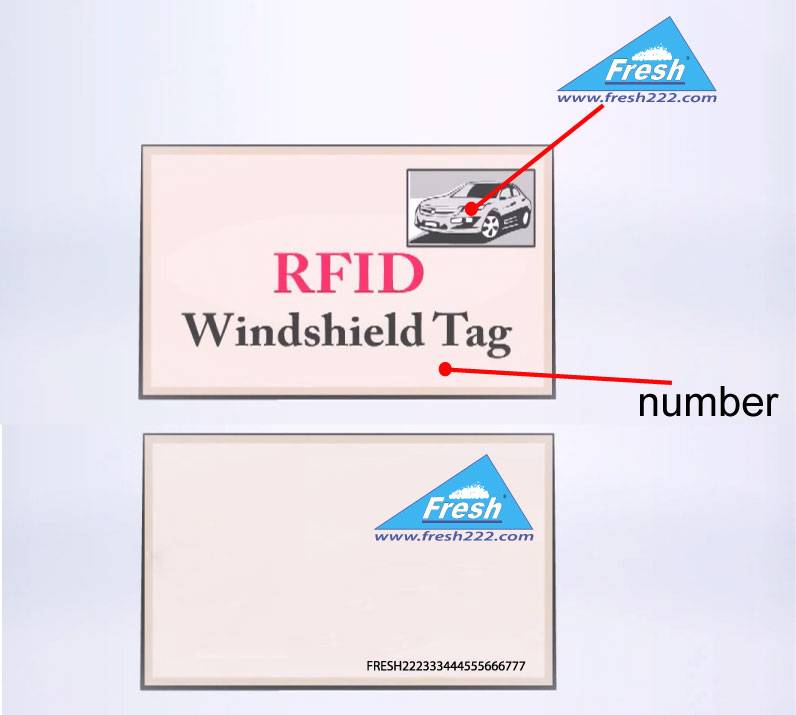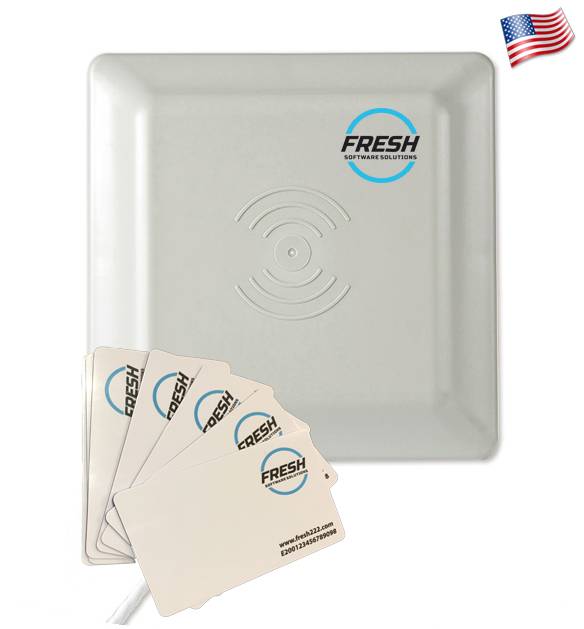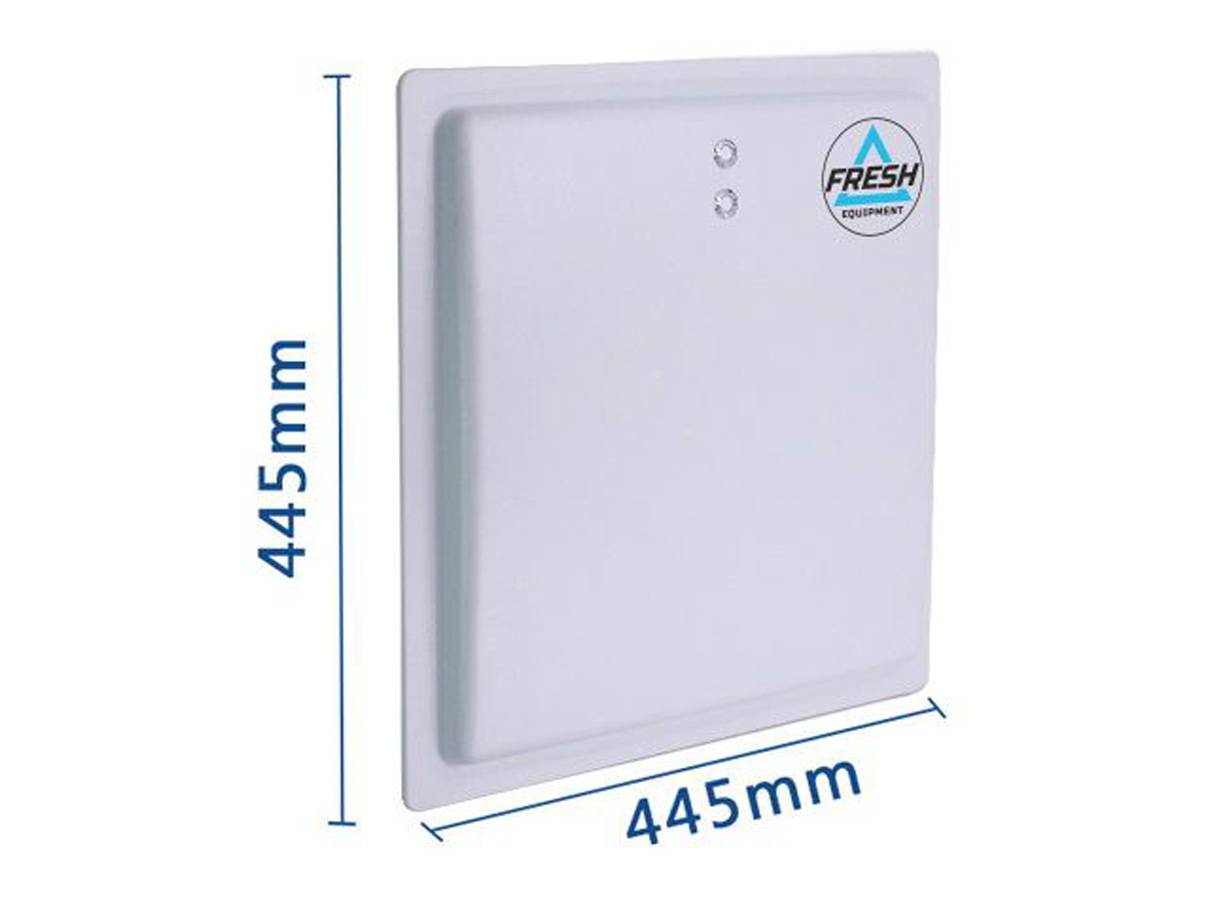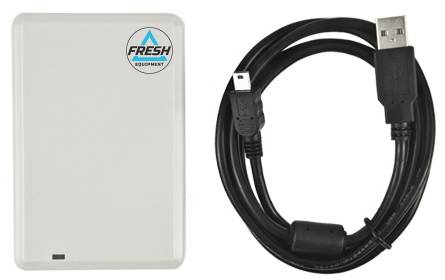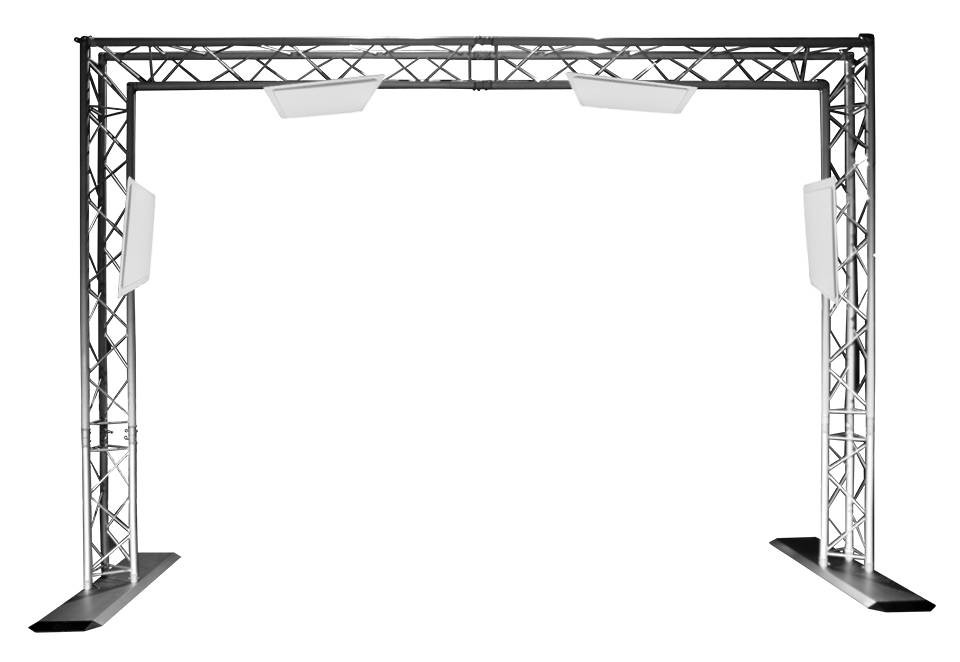Prices / Buy Systems Write A Request
Software Download Free Online Estimate
Residential Gate Access Control Systems are security solutions designed to regulate and monitor access to residential properties through entry gates. These systems are installed to enhance the security and control of a residential property by managing who can enter or exit through the gate.
The main purpose of a Residential Gate Access Control System is to restrict unauthorized individuals from gaining entry to the property, ensuring the safety of residents and their belongings. These systems provide homeowners with the ability to control access to their premises, allowing only authorized individuals to enter.
Seamless Integration with I-PASS and E-ZPass – Residential Gate Access Control
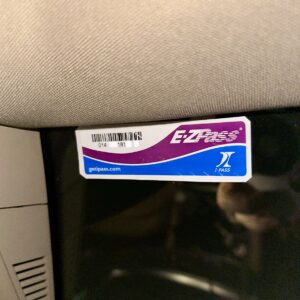
Enhance the security and convenience of your gated community with our Residential Gate Access Control solutions. Our system is fully compatible with the I-PASS and E-ZPass networks, allowing residents to use their existing RFID sticker tags for seamless, automated entry—without the need for additional tags or modifications.
With integration across 19 states, our access control solutions provide hassle-free vehicle identification at residential gates, ensuring fast, secure, and contactless entry. Our system operates in:
✅ Midwest Region – Minnesota, Illinois, Indiana, Ohio, Kentucky
✅ Northeast & Mid-Atlantic – Virginia, West Virginia, Pennsylvania, New York, Maryland, New Jersey, Delaware, Massachusetts, Rhode Island, New Hampshire, Maine
✅ Southern Region – North Carolina, Florida
By implementing a Residential Gate Access Control system, homeowners and property managers benefit from a secure, automated, and efficient entry system that eliminates delays and enhances security. Whether for gated communities, apartment complexes, or private residences, our advanced access control solutions provide seamless, contactless access—ensuring only authorized residents and guests can enter.
PRICE / Buy Access Control System, range 13ft / 4m
PRICE / Buy Access Control System, range 26ft / 8m
PRICE / Buy Access Control System, range 50ft / 15m
Residential Gate Access Control Systems Employ Various Methods to Manage Entry
-
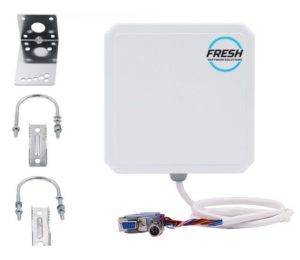
I-Pass and EZ-PASS Compatible Residential Gate Access Control Systems Keypad Entry Systems: These systems require users to input a unique code or PIN on a keypad to gain access. The code can be changed periodically to maintain security.
- Remote Control Systems: These systems use handheld remote controls or key fobs to open or close the gate. The remote control transmits a signal to a receiver located near the gate, activating the gate mechanism.
- Biometric Systems: Biometric access control systems use unique physical characteristics, such as fingerprints or retinal patterns, to grant access. Authorized users’ biometric data is stored and compared with the presented biometrics for authentication.
- Proximity Card Readers: Proximity card access control systems utilize special cards or key fobs that are presented to a card reader located near the gate. The reader scans the card’s embedded information and grants access if authorized.
- Smartphone Apps: Some modern access control systems allow homeowners to control gate access through dedicated smartphone applications. These apps use wireless connectivity to communicate with the gate opener, providing convenient and secure access management.
We provide Lifetime Software License. No Subscriptions, No Monthly Fees!
Parking Management Software Free Download

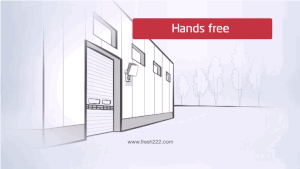
Residential Gate Access Control Systems may also include features like video surveillance, intercom systems, and vehicle detection sensors. These additional components help enhance security by allowing residents to visually identify visitors and communicate with them before granting access. By implementing a Residential Gate Access Control System, homeowners can effectively manage and secure entry points to their property, preventing unauthorized access and ensuring the privacy and safety of their residential premises.
Reliable And Easy-To-Use Residential Gate Access Control
One of the more reliable and easy-to-use Residential Gate Access Control Systems utilizes RFID (Radio Frequency Identification) UHF (Ultra-High Frequency) technology. This advanced access control system offers enhanced convenience and security for residential properties with entry gates.
RFID UHF technology operates by utilizing radio waves to wirelessly transmit data between a reader and RFID tags. In the context of residential gate access control, RFID UHF technology enables seamless and efficient entry management for authorized individuals.
Detailed About RFID Parking Systems
Here’s how an RFID UHF Residential Access Control System typically works:
-
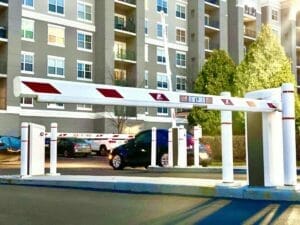
Residential Parking Access Control, RFID Barrier Systems RFID Tags: Each authorized individual is assigned an RFID tag, which is a small device containing a unique identification number or code. These tags can be in the form of key fobs, cards, or even integrated into smartphones.
- Gate Reader: A gate reader equipped with UHF technology is installed near the entry gate. This reader consists of an antenna and a scanning mechanism that detects and reads the RFID tags in its vicinity.
- Tag Detection and Authentication: As an authorized individual approaches the gate, the gate reader detects the RFID tag within range. The reader sends a signal to the tag, which responds with its identification information. The reader then verifies the tag’s authenticity and authorization status based on the stored data.
- Gate Operation: Upon successful authentication, the gate reader sends a command to the gate mechanism to open or close. The gate opens automatically, allowing the authorized individual to enter or exit the residential property.
The use of RFID UHF technology in Residential Gate Access Control offers several advantages:
- Long-Range Detection: UHF technology enables reading RFID tags from a distance, typically ranging from a few feet to several yards. This allows for convenient and hands-free access as authorized individuals approach the gate, without the need for precise tag placement.
- High-Speed Scanning: UHF technology enables rapid scanning and identification of multiple RFID tags simultaneously, ensuring smooth and efficient gate operation even during high traffic periods.
- Secure and Tamper-Resistant: RFID UHF tags can be encrypted and protected against unauthorized cloning or tampering, providing an added layer of security to the access control system.
- User-Friendly Experience: The hands-free and contactless nature of RFID UHF technology offers a user-friendly experience for residents. They simply need to have their authorized RFID tag with them, and the gate opens automatically upon detection.
- Scalability and Integration: RFID UHF Residential Gate Access Control Systems can easily integrate with other security systems, such as video surveillance or intercoms, to provide a comprehensive access management solution for residential properties.
By utilizing RFID UHF technology, Residential Gate Access Control Systems offer a reliable, efficient, and user-friendly solution for managing entry gates. This technology provides secure and convenient access for authorized individuals, enhancing the overall security and control of residential properties.
Why the RFID UHF Residential Gate Control Systems Better Then Others
RFID UHF Residential Gate Access Control Systems stand out as a superior choice compared to other access control systems for residential gates. Here are the reasons why RFID UHF systems excel:
- Long-Range Detection: RFID UHF technology allows for long-range detection, enabling seamless access as individuals approach the gate. Users do not need to be in close proximity to the gate reader or precisely position their RFID tags, providing greater convenience and ease of use.
- High-Speed Scanning: RFID UHF systems can quickly and simultaneously scan multiple RFID tags, ensuring efficient gate operation even during periods of high traffic. This rapid scanning capability reduces wait times and enhances the overall gate access experience.
- Enhanced Security: RFID UHF systems offer advanced security features to protect against unauthorized access. The technology supports encryption and tamper-resistant measures, preventing cloning or tampering of RFID tags and ensuring the integrity of the access control system.
- User-Friendly Experience: With hands-free and contactless operation, RFID UHF systems provide a user-friendly experience for residents. Authorized individuals simply need to carry their RFID tags, eliminating the need for manual input, remote controls, or physical interaction with the gate.
- Scalability and Integration: RFID UHF technology seamlessly integrates with other security systems, such as video surveillance or intercoms. This integration allows for the creation of a comprehensive access management solution, enhancing the overall security of the residential property.
- Reliability and Durability: RFID UHF systems are known for their robustness and reliability. The technology is resistant to interference and can withstand various environmental conditions, ensuring consistent and dependable performance over time.
Make The Right Choice Ordering Your Residential Gate Access Control System from Fresh USA
By leveraging the advantages of RFID UHF technology, Residential Gate Access Control Systems offer a superior solution for managing gate access. These systems provide long-range detection, high-speed scanning, enhanced security, user-friendliness, scalability, and reliability, surpassing other access control options available for residential gates. Order the Residential Gate Access Control System today from the company Fresh USA and get technical support for a high level!
Chicago Residential Gate Access Control Systems
Prices / Buy Systems Write A Request
Software Download Free Online Estimate
The Comprehensive Guide to Residential Gate Access Control Systems: Enhancing Security and Convenience
Introduction: The Rising Demand for Home Security
In an era where safety and privacy are paramount, residential gate access control systems have emerged as a cornerstone of modern home security. With over 63% of homeowners prioritizing smart security solutions (Source: SafeWise 2025 Report), these systems are no longer reserved for luxury estates but are a critical investment for any property. This guide delves into the intricacies of residential gate access control systems, drawing insights from industry leaders like Fresh, Pelo, Avalon, and Intercom. Whether you’re safeguarding a suburban home or a sprawling gated community, discover how these systems blend cutting-edge technology with user-centric design to deliver peace of mind.
We provide Lifetime Software License. No Subscriptions, No Monthly Fees!
Gate Management Software Free Download
What Are Residential Gate Access Control Systems?
Residential gate access control systems are integrated security solutions designed to regulate entry to a property. They combine hardware (gates, keypads, cameras) and software (mobile apps, cloud platforms) to authenticate users, monitor activity, and deter unauthorized access. These systems range from basic intercoms to advanced AI-driven setups, ensuring scalability for diverse needs.
Key Features of Modern Systems
1. Multi-Layered Security Protocols
– Biometric Scanners: Fingerprint and facial recognition technologies (e.g., Avalon’s AI-powered cameras) offer unmatched accuracy.
– RFID Cards & Key Fobs: Ideal for families or communities, these provide quick access but require safeguards against loss or theft.
– Mobile App Integration: Pelo’s cloud-based systems allow homeowners to grant temporary access via smartphones, perfect for guests or service providers.
2. Smart Home Compatibility
Modern systems seamlessly integrate with platforms like Amazon Alexa, Google Home, and Apple HomeKit. Imagine unlocking your gate via voice command or receiving real-time alerts when a delivery arrives.
3. Weatherproof Durability
Constructed to withstand extreme conditions, high-quality systems (like those from Intercoms Online) feature corrosion-resistant materials and tamper-proof designs.
4. Visitor Management Solutions
Video intercoms enable visual verification of visitors before granting entry. Some systems even include pre-recorded responses for unattended properties.
5. Emergency Access Features
Battery backups and manual override keys ensure functionality during power outages, while panic buttons can alert security services instantly.
Choosing the Right System: A Buyer’s Guide
By Budget
– Entry-Level ($1,500–$3,000): Basic keypad and intercom systems.
– Mid-Range ($3,000–$7,000): Adds mobile control and HD cameras.
– Premium ($7,000+): Biometrics, AI analytics, and full smart home integration.
By Property Type
– Single-Family Homes: Wireless systems with DIY installation.
– Gated Communities: Scalable solutions with centralized management (e.g., Avigilon’s enterprise-grade platforms).
We provide Lifetime Software License. No Subscriptions, No Monthly Fees!
Gate Management Software Free Download
Top Brands Compared
| Brand | Best For | Standout Feature |
|——————–|———————–|——————————————|
| Pelo | Cloud Integration | Remote access via mobile apps |
| Avalon | AI & Analytics | Facial recognition and threat detection |
| Intercom| Budget-Friendly Options| Weatherproof intercoms with video |
Installation Insights: DIY vs. Professional
– DIY Installation: Suitable for wireless systems. Requires basic technical skills and takes 4–6 hours.
– Professional Installation: Recommended for wired or complex setups. Costs $500–$2,000 but ensures compliance with safety standards.
Pro Tip: Always check local regulations—some areas require permits for electrified gates.
FAQs: Residential Gate Access Control Systems
1. How do I prevent hacking with wireless systems?
Use encrypted protocols (e.g., WPA3) and regularly update firmware. Avoid default passwords.
2. Can I integrate existing security cameras?
Most systems support ONVIF-compatible cameras. Avigilon offers seamless integration with their own HD cameras.
3. What if I lose an RFID card?
Immediately deactivate the lost card via the system’s admin portal and issue a replacement.
4. Are biometric systems worth the cost?
Yes, for high-security needs. They eliminate risks of stolen keys or shared codes.
5. How do I maintain my system?
– Clean scanners and cameras monthly.
– Test batteries quarterly.
– Schedule professional inspections annually.
6. Can renters install these systems?
Yes! Portable options like Bluetooth-enabled locks require no permanent wiring.
7. What’s the lifespan of a gate access system?
Typically 7–10 years. Regular updates extend longevity.
8. Do these systems work with solar power?
Many support solar integration, reducing energy costs and environmental impact.
9. How do I handle false alarms?
Adjust motion sensor sensitivity or use AI-driven systems (like Avalon) to distinguish between humans and animals.
10. Are there subscription fees?
Some cloud-based services (e.g., Pelo) charge monthly for advanced features like video storage.
Future Trends in Gate Access Control
– AI-Powered Predictive Analytics: Anticipate security breaches by analyzing entry patterns.
– Voice-Activated Controls: “Hey Google, open the gate” could become standard.
– Blockchain Security: Decentralized authentication to prevent data breaches.
Case Study: Transforming a Gated Community
A Florida neighborhood reduced break-ins by 90% after installing Avalon’s facial recognition system paired with Pelo’s mobile app. Residents now enjoy streamlined access via smartphones, while security teams monitor activity in real time.
We provide Lifetime Software License. No Subscriptions, No Monthly Fees!
Gate Management Software Free Download
Conclusion: Secure Your Sanctuary
Residential gate access control systems are evolving from simple barriers to intelligent ecosystems that prioritize safety, convenience, and adaptability. By understanding your needs and leveraging insights from top providers, you can create a fortress that’s as smart as it is secure.
Take Action Today: Audit your current security setup, compare systems, and consult professionals to design a tailored solution.

